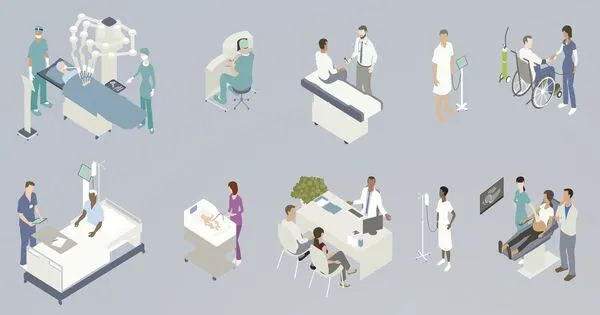Medical anthropology is a branch of anthropology that studies the relationships between culture, society, and health. The research focuses on “human health and disease, health care systems, and biocultural adaptation”. It takes a multidimensional and ecological look at humans. Its primary goal is to comprehend how cultural, social, economic, political, and environmental factors influence health, illness, and healing practices.
Medical anthropologists study how different societies conceptualize and experience health and illness, as well as how they organize and deliver healthcare. It is a subfield of social and cultural anthropology that investigates the ways in which culture and society are organized around or influenced by issues of health, health care, and related issues.
Since 1963, the term “medical anthropology” has been used to describe anthropologists’ empirical research and theoretical production on the social processes and cultural representations of health, illness, and the nursing/care practices associated with these.
Key areas of interest within medical anthropology include:
- Cultural Conceptions of Health and Illness: Examining how different cultures define and interpret health and illness, including the role of belief systems, cultural practices, and symbolic meanings.
- Healing Practices: Investigating diverse healing systems, including traditional medicine, alternative therapies, and religious healing rituals. This involves understanding the cultural context of healing and the ways in which people seek and provide care.
- Medical Pluralism: Analyzing the coexistence of multiple medical systems within a society, such as traditional, complementary, and biomedical approaches, and how individuals navigate and integrate these systems.
- Healthcare Systems: The study of healthcare organization and delivery, including issues of access, equity, and the role of healthcare institutions. This could entail investigating the impact of political and economic factors on healthcare.
- Global Health: Investigating the impact of globalization on health, such as disease spread, health disparities, and the transfer of medical knowledge and technologies across cultures.
Medical anthropologists frequently conduct fieldwork, immersing themselves in the communities they study in order to gain a comprehensive understanding of local practices and beliefs. By providing a holistic understanding of health and illness within diverse cultural contexts, their research contributes valuable insights to the fields of public health, healthcare policy, and medical practice.
















